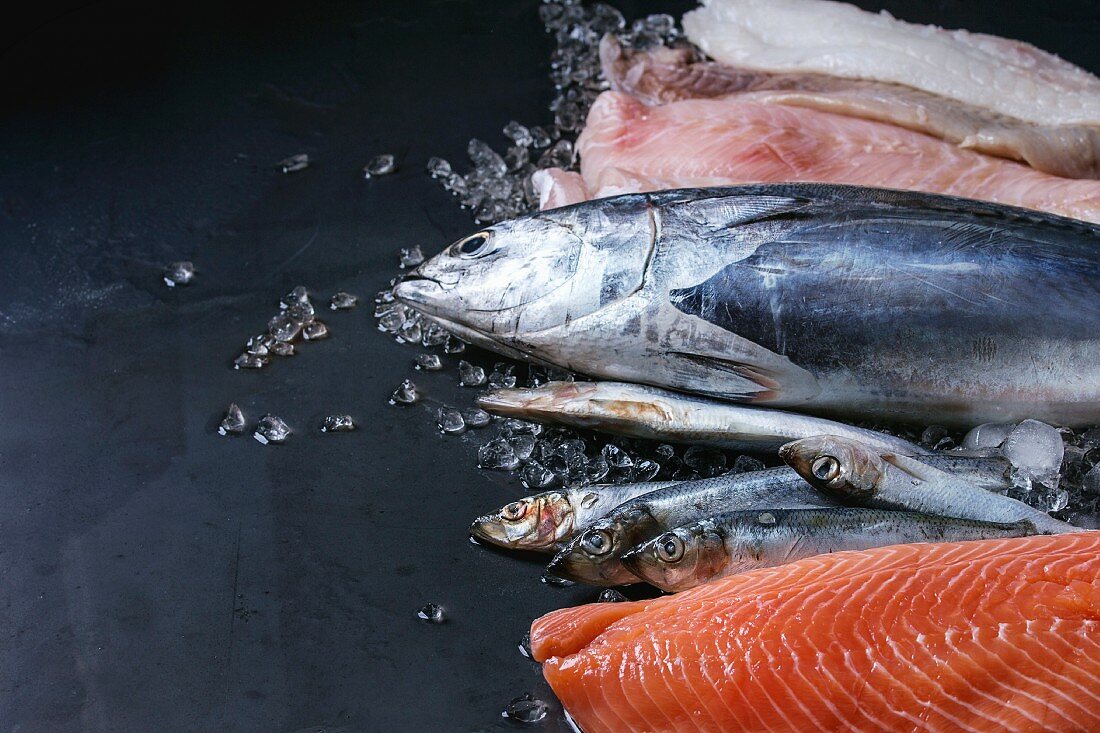Taking BIOL 420 in my last semester at UBC really opened my mind to issues I would have never given a thought of before. I never realized that there were more ocean issues other than the plastic pollution in the ocean but now I understand how narrow-minded I was and that I needed to improve on keeping an open mind. In the past, I believed that the biggest/main problem concerning the ocean was the number of plastics that entered it, but was proven wrong many times throughout this course. I thought that plastic straws, plastic bags, and plastic can holders were the leading cause to many of the animal’s death, but that was just only a surface problem and did not look at the underlying causes. Even when I search up on Google, “ocean issues,” the results all mention marine plastics and not climate change, bottom trawling, or about the issues with fisheries. However, like our Professor Amanda said, the government pushes the narrative of plastics because it is easier to “fix” and control. Another student in the course added the idea that we, as individuals and consumers, cannot fix the ocean or world by ourselves, but need policies and laws, and big corporations to change their ways to become more eco-friendly. That is where we can help, by creating awareness and putting pressure on the government or companies to change!
I learnt many skills throughout this course, and learned two valuable skills that can be taken with me in any situation. Regarding any problem in life, the pressures of the problem need to be alleviated first before change can actually happen. Quick fixes without trying to find out the root of the problem are not going to work. Problem solving skills are very important, and thinking “outside the box” can create solutions that no one else has thought of. Another skill that I have learned is that listening and building trust is one of the most valuable skills that you can have when creating a relationship with other individuals or communities. This skill was repeated time and time again in the course, as solving conservation issues involved working with communities and having them adapt or help the problem. However, like any human being, if they were forced to and not listened to, they would believe that they are being taken advantage of for their disadvantage. I think both of these skills are very important for any individual to know, and can be taken through in life. However, through Professor Amanda, I have learned that networking and just striking up a conservation with a stranger can be very valuable throughout life. For example, Professor Amanda talked about how she met Fraser Macdonald when she was buying spot shrimp from him earlier, and she just had a casual conversation with him that lead to him being one of the guest speakers in our field trip! Learning about his life and his work was very interesting, which would have never happened if our Professor never talked to him. Also having all the different speakers who were all so kind and knowledgeable came from Professor Amanda keeping close relations with them all, and she even connected a few of them together through the course.
To my earlier work in the ePortfolio, I wish I could have added more detailed information that I have now learned through the speakers in the course. I also wish I could have chosen different topics that are more in depth and “unknown” to the general public, that can bring awareness to those topics. I made my ePortfolio at the beginning of this course in January, before learning about all the issues in the ocean, and I think it is funny how I made the big, featured image a turtle, which I thought were very important as “plastic straws affected sea turtles.” Seeing how I can reflect on that know, makes me realize that I have learned much more about the ocean in the past few months.
As I am going into education at UBC in September to become an elementary school teacher, I am looking forward to teaching the future generation. Hearing our Professor Amanda complain about how the teachers cannot get their facts right about conservation with her own children, I am happy to teach them the “right” facts that I have learned throughout this course. I also hope to inspire a few of them to go into conservation themselves and learn to take care of the planet! In the future, I do hope to learn more about conservation and ocean issues, and keep up with what is happening with our planet.
BIOL 420 is the most fun and engaged course I have taken during my time at UBC. It provided a lot of the social interaction that we have all been missing during COVID. It has also taught me a lot more about the real world and issues, and made me open my mind up. A fun fact that I remember from one of the earlier lectures is that 80% of our oxygen comes from the ocean, and not from the forests. This proves that the ocean is very important and without it, we would be doomed. I would recommend BIOL 420 to anyone who is interested in learning more about ocean issues, wanting to grow themselves as a person, and for them to just take it as a nice course in their last year! Without taking this course, I would still be in my little bubble, unaware of all the different issues around the world. I spent many hours watching the lectures, and working on the projects and assignments that were due but they all made me a different person today. Although this course did have a lot of time and effort needed sometimes, it was all worth it.
